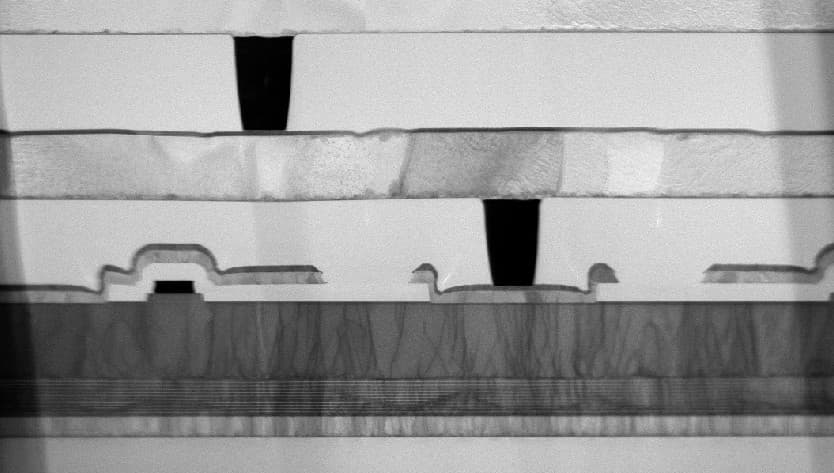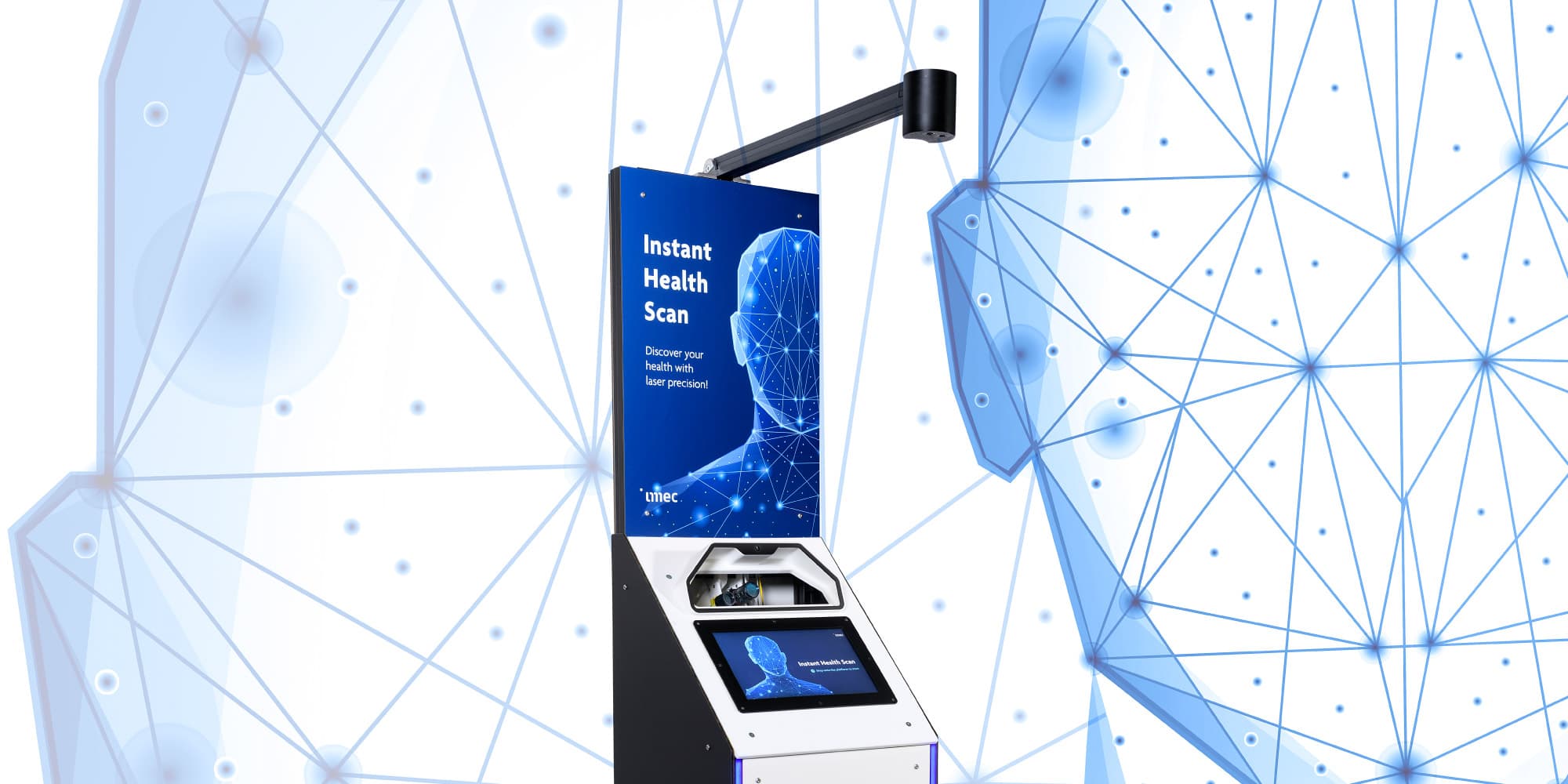
TOKEN
TOKEN explored ways in which technology can help make urban logistics more sustainable. This project received funding from the European Union’s Horizon 2020 Research.
Stressed drivers who must load and unload before 11 a.m. to comply with the delivery time windows, city officials who have a hefty task of checking access applications: it should be more efficient than this.
The European project TOKEN (Transformative Impact Of Blockchain Technologies in Public Services) investigated ways in which technology can help make urban logistics more sustainable.
Project partners imec Flanders, the City of Leuven and VIL (the innovation platform for the logistics sector in Flanders) conducted research into automated, dynamic access control for the delivery of locally produced food. In this way, the last stage of the transport of goods in the city (last mile) can be made significantly more sustainable, without creating extra scheduling work for city administration or suppliers. On the contrary: this system can greatly reduce the workload of logistics players and city administrators.
Pilot project
For the pilot project, the city of Leuven, VIL and imec selected Kort'om Leuven, a local food cooperative committed to sustainability goals such as short-chain food production and sustainable deliveries through greening and bundling. The idea was simple: make it as easy as possible for producers of local food to deliver their goods in a sustainable way in the city center. A smart portal promoted sustainable urban logistics by replacing static rules with dynamic access.
How would that look like in practice?
A transporter is instructed to deliver local products to a restaurant or store, which triggers smart ANPR cameras to allow the transporter's van to enter the city until, say, 2 p.m., outside regular window hours. And all this without the need for a single manual operation. It sounds simple, but it requires data to be exchanged across the chain: between the local producer food (cooperative Kort'om Leuven) and their ordering platform (Linkedfarm), between the data manager who is behind the ANPR cameras (Geosparc) and 2 logistics companies (Ninatrans and CityDepot). Because that data contains quite a bit of sensitive personal information such as addresses and deliveries, it all happens via end-to-end encryption.
Find out how it was done in this video:
The main accomplishment of this project is that it connected databases that previously did not communicate. Data silos have been broken down.
This makes it possible to manage urban logistics more effectively and it allows the city to reduce nuisance, emissions and the number of vehicles. Of course, as a city you can also implement other criteria – besides local production – within this model (think vehicle emissions or traffic congestion for example).
Get a peek of the final event here:
The role of imec in this project
Imec provided expertise on smart city development, on innovation management regarding digital technology, and on public/private stakeholder management.
With innovatrix, imec developed an innovation methodology that effectively directed and structured four use cases. The methodology ensures that innovations happen at the intersection of what users want, what technology can do, and what innovation teams find feasible.
Want to know more?
Visit the TOKEN project website and read more about its research in this Dutch article.












